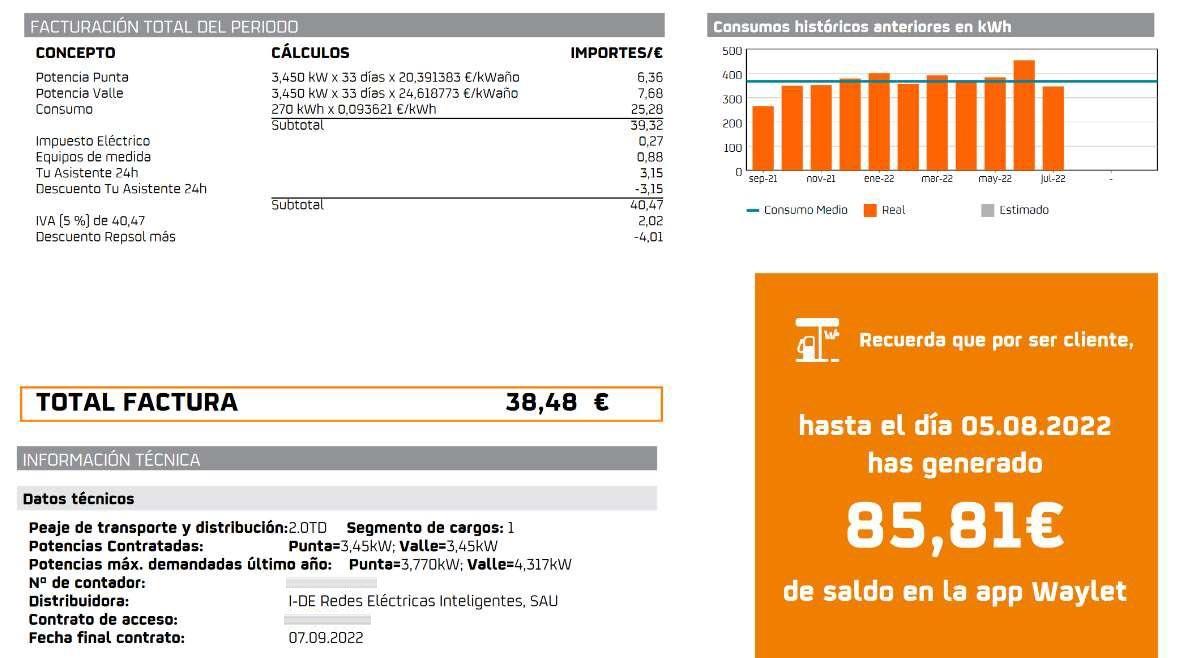
From April 11 it is possible to make the income statement online, in a simple and fast way. More than a million people already did it on the first day. The problem is that, as is often the case on such special dates, cybercriminals are on the prowl. are throwing campaigns to deceive and manage to steal personal data, passwords or infect devices. In this article we tell you how these attacks can reach you and what to do to be protected.
false statement messages
They are mainly sending fake SMS to try to steal data of all kinds. own National Police has warned about it. It is not something new, since other years something similar has happened. Cybercriminals know that they have many hypothetical victims to whom they can sneak a virus, steal bank details, passwords, etc.
But what exactly do they do? We can say that they use different strategies or messages. They will always seek immediacy, urgency, so that you cannot think too much or ask third parties. A common message is to tell you that they are going to make a refund (they put an exact amount), but that you need to fill out a form in order to receive it. They allege that bank details are missing, for example. And of course, it is actually a scam and what they are looking for is to collect all that data that you are going to put.
They can use other different messages, such as that they are missing some of your information, that you have done something wrong and you must correct it immediately so that they do not charge you a surcharge, that they have made a mistake when returning your money and have sent it to another bank account, etc Actually, the range of options used by hackers is very wide. What they are looking for is to create confusion and provoke the need for the victim to do something.
Although the tax return campaign has just started, these false messages can reach you at any time. You may receive an SMS or an e-mail in the coming weeks, since the deadline does not end until June 30. Depending on the date, you could receive different messages.
Do not fall in the trap
It is essential that you do not fall for this type of deception. Whenever you receive an SMS where they ask you for personal information or that you enter a link, mistrust. Never give personal information, or put passwords, or accept anything. In case of doubt, you can always contact official organizations that can help you.
Keep in mind that the Treasury, for example, will never ask you for passwords, or bank details, or anything similar, through an SMS. All of that will always be a trap. just as they exist Phishing attacks of this type with supposed packages that have been retained at customs and you must pay, a shipment that has not been delivered to you, an Amazon purchase that has not arrived, etc. They are strategies they use to scam.
On the other hand, it is always good to have your prepared devices. It is essential to have a good antivirus, as it can help you remove malware in case you download a malicious file by mistake. It is also good to have everything updated and thus correct vulnerabilities that may exist.
Therefore, it is possible that you receive SMS related to the income statement and that they are actually a scam. It is essential to avoid attacks when buying online, but also when filling out any form or giving any personal information. It is key to avoid problems.



